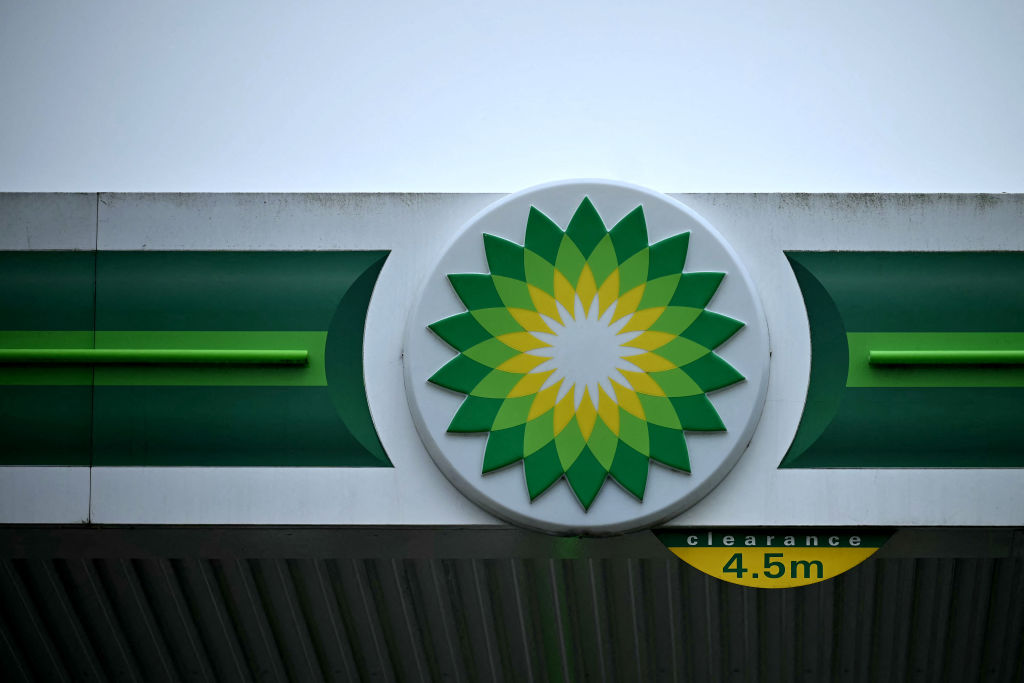Among the big, bad oil companies in borstal for environmental offenses, BP has long been the relatively benign one, the class pet. Remember how former chief executive Lord Browne two decades ago promised to take the company ‘Beyond Petroleum’ to a golden future of clean energy? In 2004, in a forerunner of the ESG indices which are commonplace today, Goldman Sachs picked out the company as the most environmentally and socially aware of all oil companies. BP was supposed to be the one which was best-placed to manage a transition to cleaner energy, which, according to Goldman Sachs, would reduce risks for the company and boost returns for shareholders.
But it seems that BP is fed up with being the class pet, and wants to behave a bit more like its mates. It is being reported that chief executive Murray Auchinloss will announce on Wednesday that the company is dropping its target to operate 50 gigawatts worth of renewable energy plants by 2030. At present, it has a portfolio of 8.2 gigawatts of renewables. To put that into perspective, Britain’s power demand averages around 37 gigawatts. Instead, it is going to sell off its offshore US windfarms and invest in fossil fuel extraction instead in what Auchinloss will call a ‘fundamental reset’ of the company – i.e. going back to what it knows best.
It isn’t hard to wonder why BP has had a change of heart. BP’s share price today is pretty well where it was 10 years ago. By contrast, Shell’s share price has risen by 25 per cent. The green stuff might have helped win BP good ESG scores, but it hasn’t helped fuel the companies’ profits. A decade ago, when oil prices had crashed and the cost of renewable energy was coming down, it was possible to imagine a world which would rapidly turn away from fossil fuels and reward oil companies which made the switch to renewables. It is looking a lot less likely now, when the cost of renewables has been driven sharply upwards thanks to higher interest rates and where the world looks as addicted to oil and gas as it ever was. For all the predictions of ‘peak oil’, global demand for oil and gas has never been higher. The International Energy Agency has put back to 2030 the date it now expects global oil demand to peak – and you would have to be brave to bet on that scenario.
Obviously the election of Donald Trump has changed the short term impact on oil and gas markets a lot. But then look at the UK government’s £22 billion investment in carbon capture and storage (CCS) – even Ed Miliband now seems to appreciate that the oil and gas industries will be far from dead, even if he did achieve his dream of net zero electricity by 2030 and overall net zero by 2050. Oil and gas – which are used for the manufacture of plastics, fertilizers and so on, besides energy – remain far too useful to disappear together, and if CCS were to be successfully scaled up to succeed commercially (a big if) there would be no reason for anyone to try to eliminate the industry anyway. Even without CCS to mop up the carbon emissions, it is clear that few countries and going to sacrifice their economies to achieve net zero – hence oil and gas are going to be in much demand until someone comes up with something that is genuinely cheaper and better. In returning to the business it knows best, BP seems finally to have appreciated that.








Comments